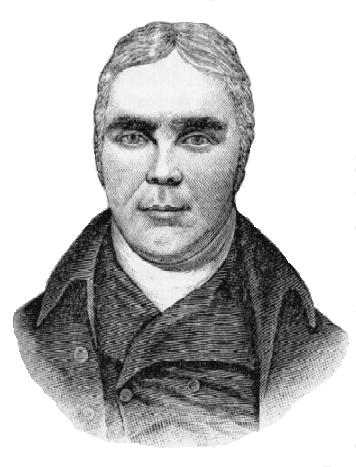Divine Sovereignty and Human Responsibility
- 01/08/12
- 11
What I've posted below comes from Tim Challies blog today. This is a theme we've been emphasizing in our teaching at WBF for quite some time now and Tim covers it elegantly jk:
Better minds than mine (or yours, probably) have wrestled with the relationship between divine sovereignty and human responsibility. The Bibles teaches, or seems to teach, that God is sovereign over all things, and yet it also teaches, or seems to teach, that man is responsible to turn from his sin and come to God. Here are two great quotes that discuss how we can reconcile these things.
The first comes from Andrew Fuller.
A fleshly mind may ask, “How can these things be?” How can Divine predestination accord with human agency and accountableness? But a truly humble Christian, finding both in his Bible, will believe both, though he may be unable fully to understand their consistency; and he will find in the one a motive to depend entirely on God, and in the other a caution against slothfulness and presumptuous neglect of duty. And thus a Christian minister, if he view the doctrine in its proper connexions, will find nothing in it to hinder the free use of warnings, invitations, and persuasions, either to the converted or the unconverted. Yet he will not ground his hopes of success on the pliability of the human mind, but on the promised grace of God, who (while he prophesies to the dry bones, as he is commanded) is known to inspire them with the breath of life.
Charles Spurgeon talks about this same thing in his inimitable way:
“That God predestines, and yet that man is responsible, are two facts that few can see clearly. They are believed to be inconsistent and contradictory, but they are not. The fault is in our weak judgment. Two truths cannot be contradictory to each other. If, then, I find taught in one part of the Bible that everything is fore-ordained, that is true; and I find that in another Scripture, that man is responsible for all his actions, that is true; and it is only my folly that leads me to imagine that these two truths can ever contradict each other. I do not believe they can ever be welded into one upon any earthly anvil, but they certainly shall be one in eternity. They are two lines that so nearly parallel, that the human mind which pursues them farthest will never discover that they converge, but they do converge, and they will meet somewhere in eternity, close to the throne of God, whence all truth doth spring.”



.jpg)












No comments:
Post a Comment